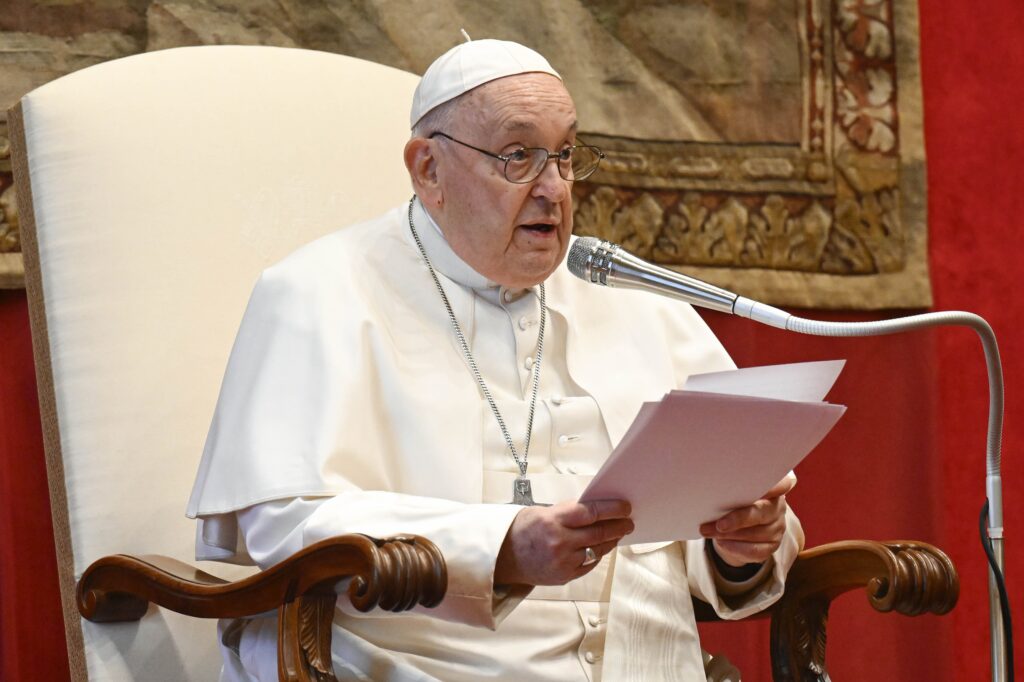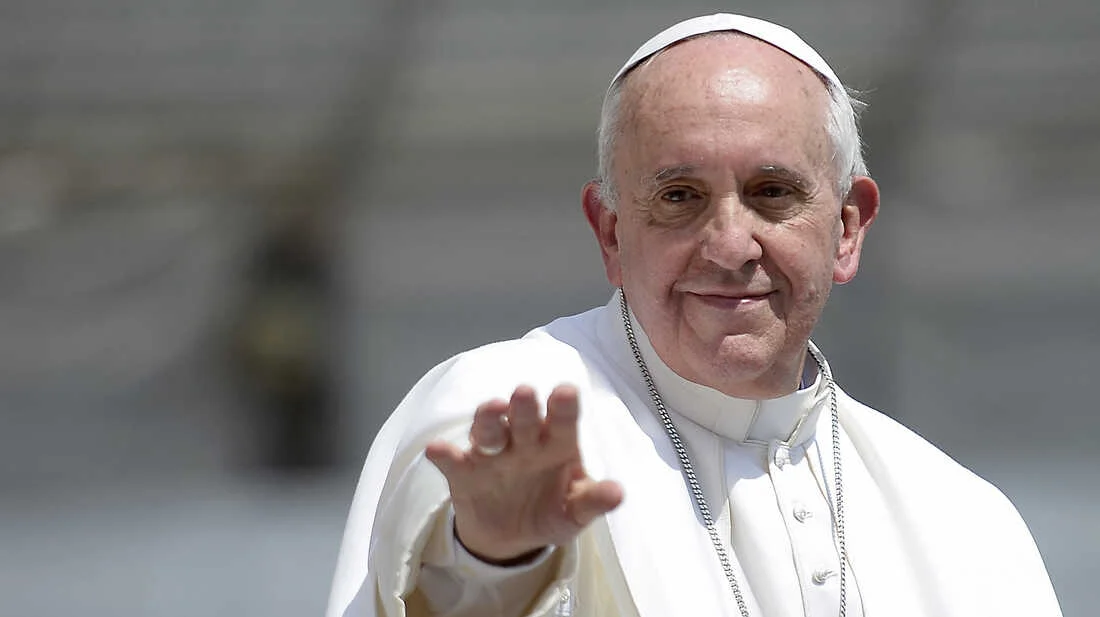VATICAN CITY – Pope Francis, the first Latin American and Jesuit pope in the history of the Roman Catholic Church, has died at the age of 88, the Vatican confirmed on Monday. His passing marks the end of a transformative and often controversial papacy, defined by his efforts to modernize the Church, promote inclusion, and champion social justice.
Pope Francis’ Death Confirmed by Vatican
In a solemn statement aired on Vatican television, Cardinal Kevin Farrell shared the news:
“Dear brothers and sisters, it is with deep sorrow that I announce the passing of our Holy Father Francis. At 7:35 this morning, the Bishop of Rome, Francis, returned to the house of the Father.”
The pope had recently recovered from a serious 38-day hospitalization due to double pneumonia. On Easter Sunday, just one day before his passing, he made a surprise public appearance in St. Peter’s Square, offering blessings and greetings from an open-air popemobile.
Who Was Pope Francis?
Born Jorge Mario Bergoglio in Buenos Aires, Argentina, Pope Francis was elected as the 266th pontiff on March 13, 2013. He quickly gained global attention as a humble, reform-driven leader focused on healing divisions within the Church and addressing the needs of the poor and marginalized.
Unlike his predecessors, Francis chose not to live in the traditional Apostolic Palace, opting instead for a simpler communal residence. He said this decision was crucial for his “psychological health” and reflected his commitment to a less hierarchical Church.
A Papacy of Reform and Resistance
Pope Francis inherited a Church grappling with the fallout from widespread sexual abuse scandals and internal bureaucracy struggles. His mission was clear: restore trust, promote transparency, and bring the Church closer to the people.

Throughout his papacy, Francis faced criticism from both conservative and progressive factions. Traditionalists accused him of straying from long-held doctrine, while reformists felt he had not gone far enough in reshaping the Church. Despite this, he maintained widespread popularity, especially for his advocacy on issues like climate change, immigration, interfaith dialogue, and global peace.
Global Impact and Legacy
Pope Francis traveled extensively during his tenure, attracting massive crowds and delivering messages of unity and hope. His ability to connect with people from all walks of life elevated him to the status of a global moral leader.
He also took bold steps to reform the Church’s leadership, appointing nearly 80% of the cardinals eligible to elect the next pope. This means his successor may likely continue his progressive vision, despite ongoing resistance from traditionalist voices within the Vatican.
End of a Unique Era
For a significant portion of his leadership, Francis shared the Vatican with his predecessor, Pope Benedict XVI, who resigned in 2013 but continued to reside in the Holy See until his death in 2022. With Francis’ passing, an extraordinary chapter in the Church’s history comes to a close.
What’s Next for the Catholic Church?
As the Church prepares for the selection of a new pope, attention turns to the College of Cardinals, many of whom were appointed by Francis himself. The next pontiff will inherit a legacy of reform, compassion, and the ongoing challenge of uniting a deeply divided Church.




